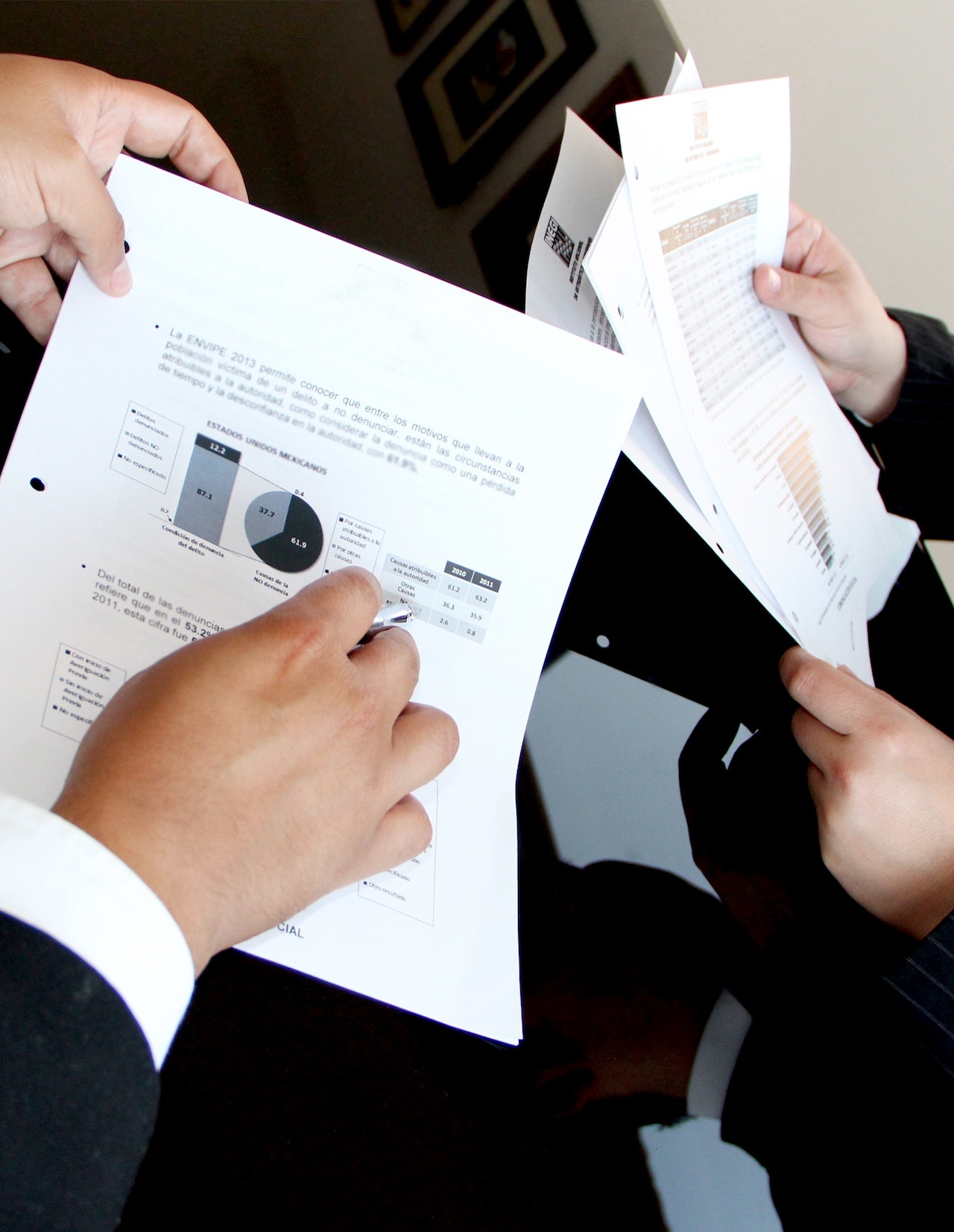In the midst of a Fed-induced selloff in the technology sector, traders are re-evaluating their strategies, with Apple emerging as an unexpected outlier. Recent market trends have seen Apple’s stock falter, contrary to its reputation as a haven. Worries over the Chinese market and recent growth patterns, combined with central bank policies contributing to the tech sector’s correction, have led to a staggering loss of nearly $240 billion in value this month alone. Since the close of July, Apple has experienced a 12% decline, in contrast to the Nasdaq 100 Index’s 5.8% drop.
However, despite its susceptibility to the prevailing economic climate and its own set of challenges, Apple’s intrinsic qualities that have historically attracted investors – including renowned figure Warren Buffett – remain intact. These include a robust balance sheet and resilient revenue streams. In a scenario where a gloomier economic outlook prompts a shift away from riskier investments, Apple is poised to garner favor.
Jack Ablin, Chief Investment Officer at Cresset Capital, affirmed, “It has a lot going for it in this environment: it is gigantic, offers pretty predictable growth and cash flow in an uncertain world, and it is a very high-quality company that doesn’t have much debt. Its fundamentals are so solid that it is basically the Treasury of the equity market.” On Friday, Apple shares rose by 1%.
Ablin contended that Apple could potentially outperform if market struggles persist, citing past instances during Silicon Valley Bank’s collapse earlier this year and the Federal Reserve’s initiation of a tightening cycle last year amidst high inflation. According to CFRA data, Apple has outperformed the S&P 500 Index in 64% of market corrections, with an average drop of 7%, considerably less than the benchmark index’s 14.6% average decline. The broader S&P 500 tech sector only surpasses in 30% of market corrections.
This time around, Apple’s sluggish momentum is a key factor in the S&P 500 tech sector entering correction territory, leading Ned Davis Research to revise its outlook on big tech. The Fed-induced selloff gained momentum as the Federal Reserve indicated a prolonged period of elevated interest rates, resulting in the 10-year Treasury yield soaring to its highest level since October 2007, which had a significant impact on Apple and the broader market.
In such an environment, Wells Fargo Investment Institute’s Global Equity Strategist, Chris Haverland, advised investors to focus on resilience. He stated, “We believe maintaining a quality bias in portfolios is appropriate given our view that an economic recession is likely in the coming quarters.” Large-cap US stocks excel in quality characteristics such as profitability, earnings stability, and balance-sheet strength.
These attributes apply to Apple, which stands out favorably relative to peers across various characteristics, including profitability, growth, revisions, leverage, and volatility, according to Bloomberg’s compiled data. It falls short only in two aspects: value and its valuation relative to history, though the recent stock decline has mitigated this risk. At present, it trades at approximately 26 times estimated earnings, nearing its lowest multiple since April, though still above its long-term average.
Sam Stovall, Chief Investment Strategist at CFRA, emphasized, “High-quality stocks tend to be more resilient in challenging periods, and Apple really embodies the quality theme, with its cash flow, buybacks, and balance sheet.”
Despite signs of investor confidence in the stock, including a 33% drop in the CBOE Apple VIX (measuring future volatility) and a 22% decrease in the CBOE NDX Volatility Index this year, lingering uncertainties regarding its crucial Chinese market and a less robust growth outlook compared to peers like Microsoft Corp. or Nvidia Corp. have prevented Wall Street from wholeheartedly embracing Apple. Only 67% of the analysts tracked by Bloomberg recommend buying the stock, the lowest ratio among mega-cap tech stocks.
Dennis Dick, Head Trader at Triple D Trading Inc., cautioned, “A lot of people hide out in Apple, on the idea that its cash flows are so reliable it’s safer. However, a lot of tech got very overbought, and if momentum breaks, then safety trades stop looking safe.”
In conclusion, the Fed-induced selloff has cast a shadow of uncertainty over the once-reliable refuge in Apple, underscoring the evolving dynamics within the tech sector.
Source: Bloomberg



